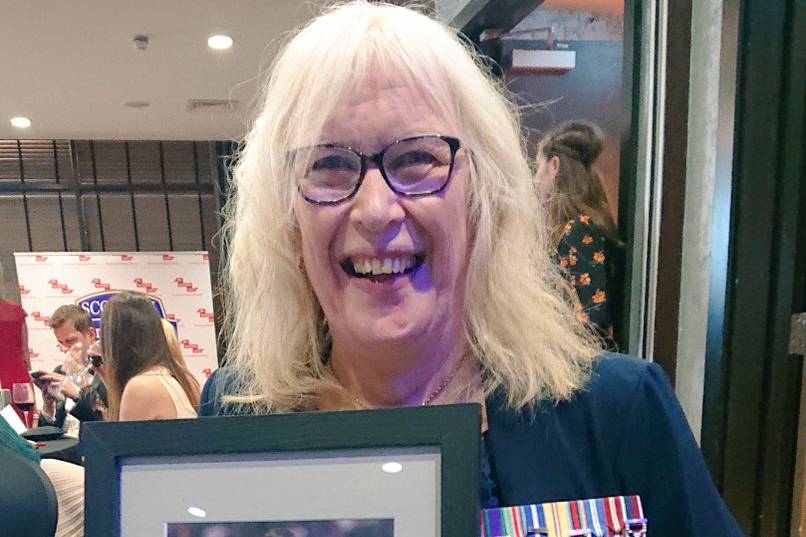Table of Contents
Who is Caroline Paige?
Caroline Paige, born in England on May 20, 1961, is a retired officer of the British Royal Air Force (RAF) and holds the distinction of being the first openly transgender officer in the British Armed Forces. From a young age, Paige realized her gender identity didn’t match her biological sex. However, it wasn’t until her late thirties, after serving 19 years in the RAF, that she decided to transition. Paige feared that coming out as transgender might cost her her military career. In 1999, she publicly came out as transgender and began her transition, including undergoing hormone therapy and surgery, to align her physical appearance with her gender identity.
What made Caroline Paige famous?
The rise to prominence of Park can be attributed to her significant contributions to the transgender rights movement. Her instrumental role in the enactment of a groundbreaking transgender rights law by the New York City Council in 2002 was a significant milestone. This law, which included gender identity and expression, was the most comprehensive of its kind in the United States at that time. Park’s influence continued to grow when in 2005, she became the first openly transgender grand marshal of the New York City Pride March. She also co-founded the Queens Pride House, a hub for the LGBT community, and the Out People of Color Political Action Club, a unique political club focusing on LGBT issues from a people of color perspective. Her advocacy extended internationally, working with the International Lesbian and Gay Association and conducting a training on transgender human rights issues for Amnesty International’s International Secretariat in London. This extensive work in advocacy has earned her recognition from several organizations.
Is Caroline Paige trans?
Palmer’s rise to fame is deeply intertwined with her personal journey and unyielding advocacy for transgender rights. Her candidness about her transition, along with the challenges she encountered, including discrimination and prejudice, has been instrumental in her journey to stardom. Despite these obstacles, Palmer has often expressed that she is now living her most authentic life and is happier than ever before. Her return to the rock music scene in 2018, when she was invited to rejoin Jethro Tull for their 50th-anniversary tour, marked a significant moment in her career. Palmer’s story serves as a crucial narrative in the history of rock music, underlining the trials faced by transgender individuals within the industry and society at large.


